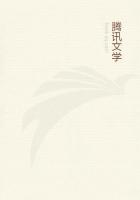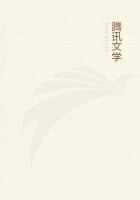The Price and Instrinsic Value of a Thing in general is the measure of the Land and Labour which enter into its Production One acre of land produces more corn or feeds more sheep than another. The work of one man is dearer than that of another, as I have already explained, according to the superior skill and occurrences of the times. If two acres of land are of equal goodness, one will feed as many sheep and produce as much wool as the other, supposing the labour to be the same, and the wool produced by one acre will be the same, and the wool produced by one acre will sell at the same price as that produced by the other.
If the wool of the one acre is made into a suit of coarse cloth and the wool of the other into a suit of fine cloth, as the latter will require more work and dearer workmanship it will be sometimes ten times dearer, though both contain the same quantity and quality of wool. The quantity of the produce of the land and the quantity as well as the quality of the labour, will of necessity enter into the price.
A pound of flax wrought into fine Brussels lace requires the labour of 14 persons for a year or of one person for 14 years, as may be seen from a calculation of the different processes in the supplement, where we also see that the price obtained for the lace suffices to pay for the maintenance of one person for 14 years as well as the profits of all the undertakers and merchants concerned.
The fine steel spring which regulates an English watch is generally sold at a price which makes the proportion of material to labour, or of steel to spring, one to one million so that in this case labour makes up nearly all the value of the spring. See the calculation in the supplement.
On the other hand the price of the hay in a field, on the spot, or a wood which it is proposed to cut down, is fixed by the matter or produce of the land, according to its goodness.
The price of a pitcher of Seine water is nothing, because there is an immense supply which does not dry up; but in the streets of Paris people give a sol for it -- the price or measure of the labour of the water carrier.
By these examples and inductions it will, I think, be understood that the price or intrinsic value of a thing is the measure of the quantity of land and of labour entering into its production, having regard to the fertility or produce of the land and to the quality of the labour.
But it often happens that many things which have actually this intrinsic value are not sold in the market according to that value: that will depend on the humours and fancies of men and on their consumption.
If a gentleman cuts canals and erects terraces in his garden, their intrinsic value will be proportionable to the land and labour; but the price in reality will not always follow this proportion. If he offers to sell the garden possibly no one will give him half the expense he has incurred. It is also possible that if several persons desire it he may be given double the intrinsic value, that is twice the value of the land and the expense he has incurred.
If the farmers in a state sow more corn than usual, much more than is needed for the year's consumption, the real and intrinsic value of the corn will correspond to the land and labour which enter into its production; but as there is too great an abundance of it and there are more sellers than buyers the market price of the corn will necessarily fall below the intrinsic price of value. If on the contrary the farmers sow less corn than is needed for consumption there will be more buyers than sellers and the market price of corn will rise above its intrinsic value.
There is never a variation in intrinsic values, but the impossibility of proportioning the production of merchandise and produce in a state to their consumption causes a daily variation, and a perpetual ebb and flow in market prices. However in well organized societies the market prices of articles whose consumption is tolerably constant and uniform do not vary much from the intrinsic value; and when there are no years of too scanty or too abundant production the magistrates of the city are able to fix the market prices of many things, like bread and meat, without any on having cause to complain.
Land is the matter and labour the form of all produce and merchandise, and as those who labour must subsist on the produce of the land it seems that some relation might be found between the value of labour and that of the produce of the land: this will form the subject of the next chapter.















